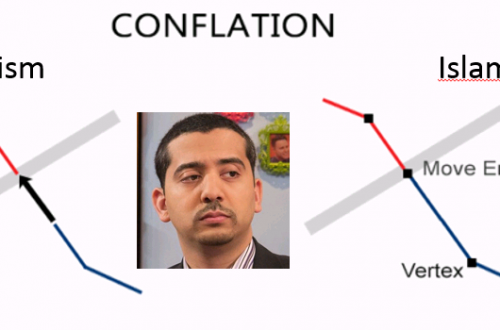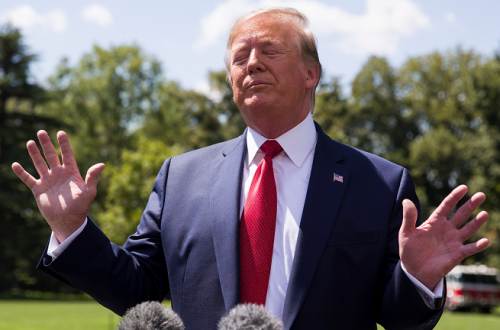The National Labor Relations Board, now dominated by conservative Bush appointees, is poised to issue a decision that would exclude nurses and other professionals from coverage by US labor law, including the right to organize unions and bargain collectively.
As labor historian Nelson Lichtenstein writes:
The case, NLRB vs. Kentucky River Community Care, began in the 1990s when a union sought to represent nurses and other healthcare workers at a Kentucky nursing home. But the home’s owners argued that six nurses, who sometimes supervised and scheduled the work of other staff, should be excluded from the potential bargaining unit. The Clinton-era NLRB sided with the union, ruling that these “charge” nurses did not exercise sufficient independent judgment when they used their professional training to direct lesser-skilled employees to deliver the services their employer wanted. In other words, the nurses were professionals who were nevertheless eligible to join a union, not supervisors who used their knowledge and professional training on behalf of management.
But Supreme Court Justice Antonin Scalia would have none of this. Writing for the majority in the 5-4 ruling, he ridiculed the distinction between the independent judgment of professionals acting as professionals rather than as supervisors. “What supervisory judgment worth exercising, one must wonder, does not rest on ‘professional or technical skill or experience’?” In effect, the court’s interpretation of the term “supervisor” is now so broad that the NLRB may well sweep all professional employees into the ranks of management. That is truly being kicked upstairs.
And all praise is due the very funny Stephen Colbert (of Comedy Central’s Colbert Report, pronounced “Colbear Repore”) who saw the potential for ridicule in the idea that employers could exclude anyone they want from a union by defining them as “supervisors.”
And speaking of workers’ rights, Senator Hillary Clinton deserves credit for introducing a bill to bar Congressional pay raises until there’s a raise in the federal minimum wage. An effort by Democrats to increase the minimum wage to $7.25 an hour fell short in Congress this year.
The minimum wage has been stuck at $5.15 an hour for nine years, while Congress has raised its own pay by $31,000.
According to The New York Times:
For a family of three, the minimum wage of $10,700, set in 1997, is now more than $5,000 below the federal definition of poverty.
The American public overwhelmingly supports a rise of two dollars in the minimum wage. Let members of Congress explain to their constituents why the nation’s poorest workers don’t deserve a raise while they do.


